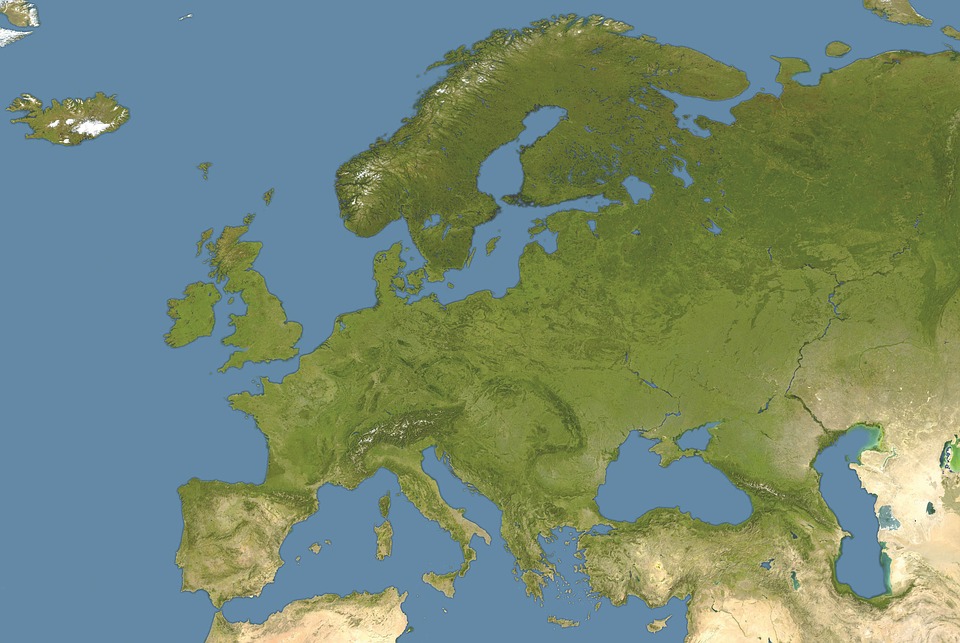Europe Day
“A day will come when all nations on our continent will form a European brotherhood ... A day will come when we shall see ... the United States of America and the United States of Europe face to face, reaching out for each other across the seas.”
Victor Hugo, 1849
Whilst the European Union formally began in 1993, the idea of a unified continent has been bandied about as early as 1693, as William Penn considered the devastation of war in Europe. As we celebrate Europe Day on the 9th of May, now seems a good-a-time as any to reflect on the EU.
The notion of a united Europe began in earnest following the catastrophe of the Second World War. Previously, the likes of Winston Churchill and many other European politicians liked the idea of unifying other countries on the continent, but wanted little to do with it themselves. Given the rise of nationalism and the far-right leading up-to and during the War, and the subsequent destruction it caused, many opinions understandably changed. In 1951, The Treaty of Paris was signed by Belgium, France, West Germany, Italy, the Netherlands and Luxembourg, and whilst the treaty dealt solely in coal and steel, they were the two most important materials in the world at the time and in neutralising the competition for the substances, the treaty marked the earliest form of the European Union.

So where is the European Union now? In its main and original aims, it can be considered a success – there has been comparatively little conflict in Europe since its implementation, and the Union is a competitive economic superpower on the world stage. The list of members has grown to 28, though it looks set to lose one of its most important members. Britain officially joined on the 1st of January 1973 and was a member until the country’s Euroscepticism came to a head during the referendum vote in 2016. The scepticism could be found along the entire political spectrum, with its main issues being the weakening of national sovereignty, the bureaucracy of the EU and the opinion that it is a neoliberal organisation that costs the working-class, as well as encourages high immigration. The highly divisive nature of the Brexit vote is still very apparent today, and will likely remain so for a very long time.
Regardless of your political allegiances, Europe day is worth celebrating. Most countries do this by raising the European Union flag and celebrating pan-Europeanism. There are many rich cultures worth enjoying in Europe… perhaps now more than ever.
Do you require interpreting or translation in any of the European languages? Give us a call on 01273 473986, or email info@vlslanguages.com!
